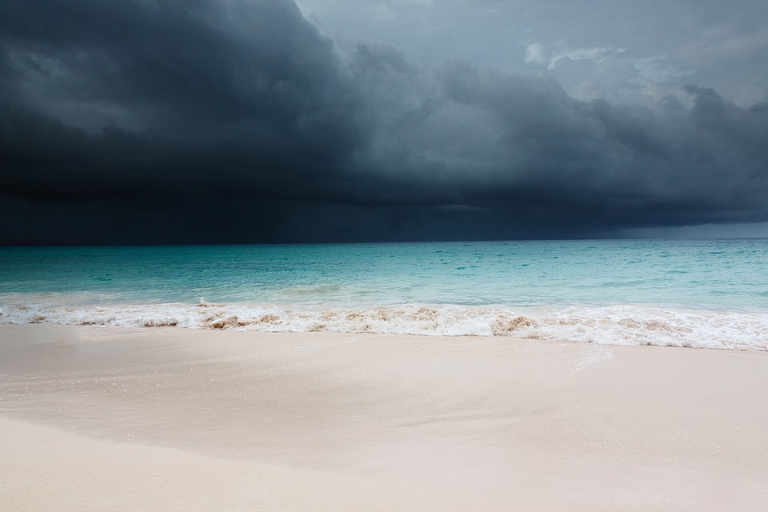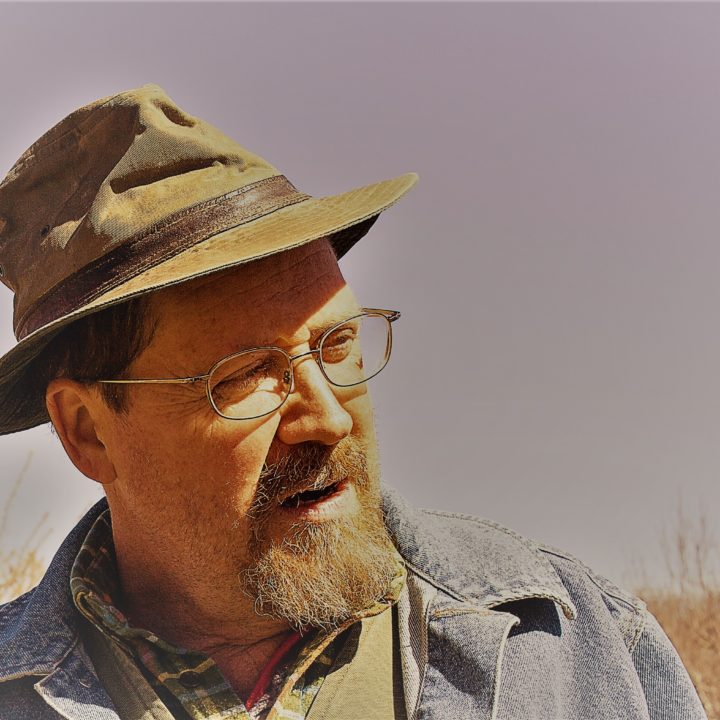Growing up on the Gulf Coast, where life was measured by the big storms, your given name could serve as a handy marker of your age. Post-1957, Audrey disappeared from the lists of incoming elementary pupils almost entirely. After ’69, no one named their child Camille.
In the hallway of our home in Lake Charles, Louisiana, hung a map. On it we plotted the latitude and longitude of each new disturbance as it sprang to life off the African coast or in Mexico’s Gulf of Campeche. My older brother, always a bit of a weather nut, actively tracked the storms. He would often plot an apocalyptic path to our door, then erase the hoped-for trajectory with a “there is always next year” shrug when the storm petered out or went off to blight someone else’s life. It’s not that he ever wished harm on anyone. There’s just something seductive about the destructive power of a hurricane. It’s like watching a Powerball lottery grow, except that the payoff is something that no one really wishes to win.
This past week it was my extended family in Beaumont and Houston who won that lottery, and recipients of the winning tickets will still be dealing with the aftermath in years to come. Harvey is just one in a long list of tropical storms and hurricanes that have recently resulted in 500-to-1,000-year floods in the South: Houston (2010, 2015), Baton Rouge (2016), Columbia, South Carolina (2015), the Carolinas (2016). Sadly, epic floods account for only a handful of the extreme events now occurring with increasing frequency across the globe, and it looks as if this nasty-weather lottery will only keep building to a stronger payout with each daily contribution made to the fund of planetary climate change.
As the waves of Harvey hit the Texas shoreline, likewise a predictable wave of finger-pointing washed ashore. Seems that a certain segment of the population confused the larger community of devastated coastal residents with the lesser community that had voted for Donald Trump, and proceeded to say that they had gotten what they deserved —blaming the whole of Gomorrah on just its naughty residents.
This holier-than-thou attitude rankles me. Because, let’s face it, whether we fall into the camp of climate-change deniers, with their heads buried firmly in the sand, or climate-change acknowledgers, staring in awe as the storm approaches, virtually none of us is doing anything significant to change the planet’s trajectory of catastrophe or to prepare for its impact.
Both camps, by and large, are still active participants in the consumer-industrial machine. Unless we have gone Amish or medieval, we depend on the people of the Gulf Coast for our cushy life. Our great collective illusion of progress is that we can continue to enjoy our current lifestyle simply by making the correct purchasing choices or pulling a lever in the voting booth, that we can use magic or tweak our way out of this mess. We can’t. That life is no longer sustainable.
According to that map hanging in the world’s hallway, the potentially cataclysmic future — for earth and, consequently, for humanity — has now passed the Leeward Islands and is picking up speed and strength. No wiping the grease board when a fantasy destructive track changes its course.
We all have bought into this lottery, and we all are at risk of winning it. So, if there is to be finger-pointing, let’s do it facing the mirror. And in the meantime, fill your bathtub with water, stock your larder, and prepare for landfall.






